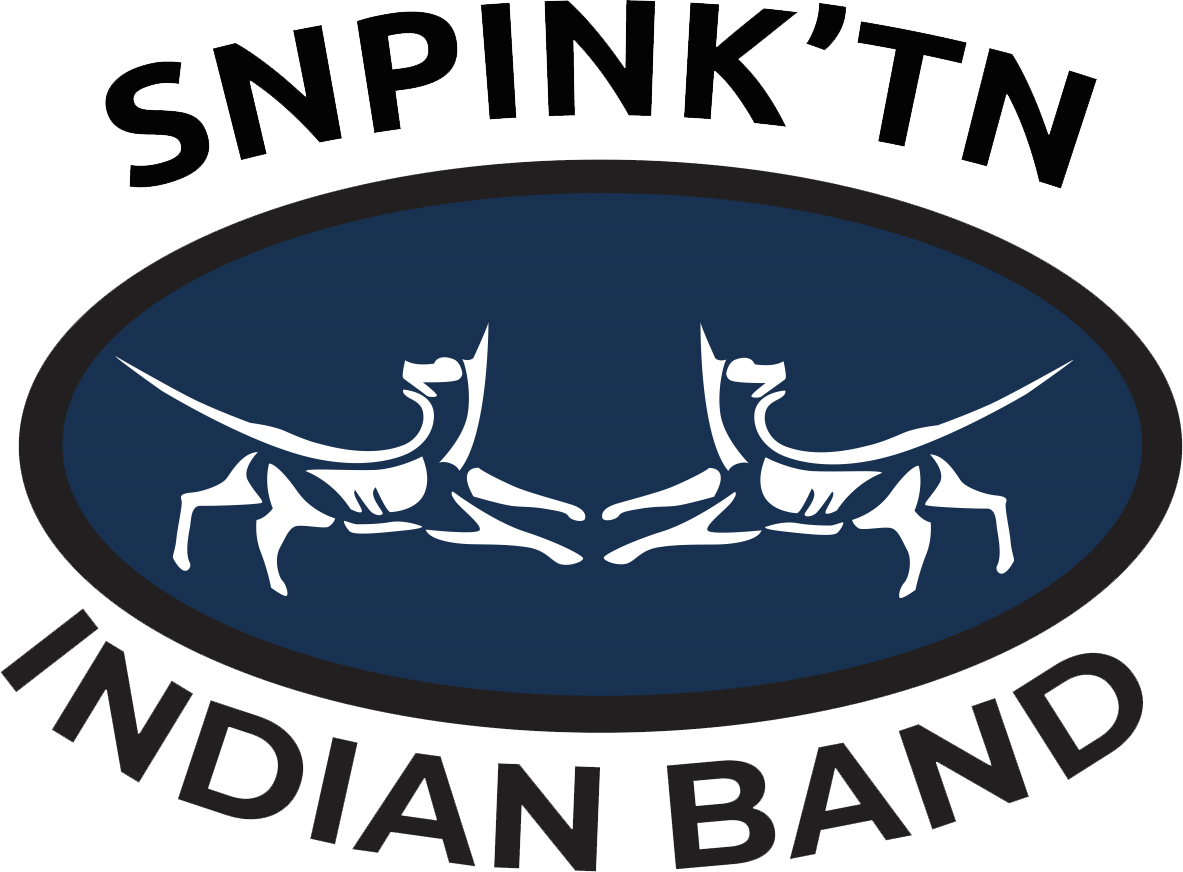Hiring my first counsellor was one of the biggest steps I’ve taken in building Wild Mountain Clinical Counselling—and honestly, one of the scariest. It felt like everything was at stake: my reputation, my values, the energy I’d poured into the practice.
At the time, I thought, “How hard could it be?” I was wrong. It challenged me in ways I didn’t expect. Looking back, there’s so much I wish I’d known. So, if you’re preparing to bring someone into your practice for the first time, here’s what I’d share from my experience—the real, unfiltered version.
1. Hire for Values First, Skills Second
I thought I needed someone with solid clinical experience. And yes, that matters—but not nearly as much as alignment.
I learned (the hard way) that values are what hold a practice together. If someone’s not aligned with your mission, your culture will suffer—no matter how many letters they have after their name.
What I’ve learned to ask myself:
💡 Do they believe in trauma-informed, accessible, inclusive care?
💡 Do they treat counselling as a relationship, not a transaction?
💡 Are they joining to collaborate—or just to collect referrals?
In interviews, I now dig into real-life examples. I ask them how they’ve responded to hard moments with clients. How they engage in ongoing learning. How they handle mistakes. These are the things that reveal who they are in the room—and in your team.

2. You’re Not Just Hiring a Counsellor—You’re Building a Relationship
I treated my first hire like a quick fix: onboard fast, fill their caseload, move on. But that wasn’t fair to them—or to me.
What I wish I’d done:
✔️ Slowed down and invested time in the onboarding process
✔️ Got clear on my mission, so I could communicate it with confidence
✔️ Created systems for feedback and support
✔️ Made space to connect—not just delegate tasks
This is someone joining your business. They need more than clients—they need clarity, support, and shared values.
3. Be Crystal Clear About Your Practice Model
I had no idea how important it was to explain—really explain—what I was offering. Are they a contractor or employee? What are your expectations around documentation, availability, peer consults, or training?
When I first started hiring, I didn’t even know how to articulate what I needed. I just wanted help. But when you’re unclear, your team is unsure—and that leads to frustration.
Now, I lay it all out clearly in writing: the model, the structure, the expectations, and the non-negotiables.
4. Have Your Admin Ducks in a Row
I told myself, “I’ll figure it out as I go.” And I did. But it was chaotic and exhausting.
Before you hire, ask yourself:
📁 Do I have a secure system for clinical documentation and intake?
📄 Are all my contracts and policies reviewed by a lawyer?
💼 Do I want to include non-compete or non-solicit clauses?
📋 Do I have a practice guide explaining third-party billing (like CVAP or FNHA)?
🧾 Am I ready to pay someone—on time, consistently, and legally?
🗂 Do I know who’s handling what—intake, admin, marketing, supervision?
The more prepared you are, the less reactive you’ll be when challenges pop up (because they will).
5. Don’t Rush the Process (Even If You’re Drowning in Referrals)
This one hits close to home. I was so overwhelmed with referrals that I felt desperate. I rushed the process. And while some hires worked out, others didn’t—and it cost me more in stress, time, and energy than waiting would have.
Now, I take my time. I interview twice. I ask the tough questions. I want to know not just what they do, but why they do it.
I also ask about their goals. Are they planning to start their own practice in a year? Are they working full-time elsewhere and might burn out? It’s not about judging—it’s about being honest with each other from the start.
6. Your Leadership Style Will Be Tested
This was probably the hardest part for me. I didn’t see myself as a “boss.” I just wanted to do meaningful work and bring others along.
But once you’re hiring, you are a leader. That means giving feedback. Having difficult conversations. Making decisions that affect people’s lives.
It’s not easy. Some days I doubted myself. Other days I lay awake wondering if I said the wrong thing. But over time, I grew into it.
What helped me:
🧠 Supervision focused on leadership
📚 Reading about HR and communication—not just therapy
💬 Building systems that make expectations clear and kind
7. It’s Okay to Start Small (Really Small)
I didn’t start small. I hired fast, expanded quickly, and within a year and a half I had 10 counsellors, a practicum student, and more on the way.
It was incredible—but also overwhelming. I was working six or seven days a week. Staying up past midnight finishing admin tasks or clinical notes. I was exhausted.
If I could do it again, I’d slow down. Not because I regret growing—but because I’d honour my capacity more along the way.
You don’t need a team of five to succeed. One part-time counsellor can be enough to test your systems, refine your leadership, and build a sustainable foundation.
Final Thoughts
Hiring your first counsellor is a leap of faith—into leadership, into growth, and into learning who you are as a business owner.
It won’t be perfect. You’ll mess things up. You’ll fix them. You’ll grow.
And it will be so worth it.
Because that first counsellor won’t just help you with clients—they’ll help carry your mission forward.
So take a deep breath. Be clear on your values. Ask the hard questions. And trust yourself—you’ve got this.
🌿 Thinking of hiring your first counsellor? I’d love to share more about what worked (and didn’t) for me. Reach out anytime or leave your thoughts in the comments.






